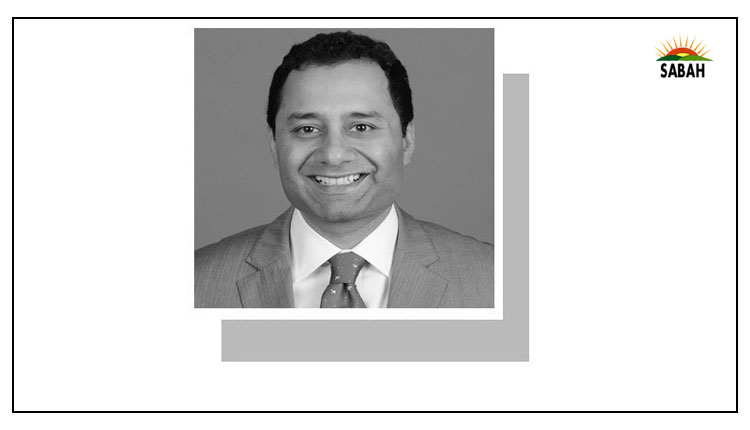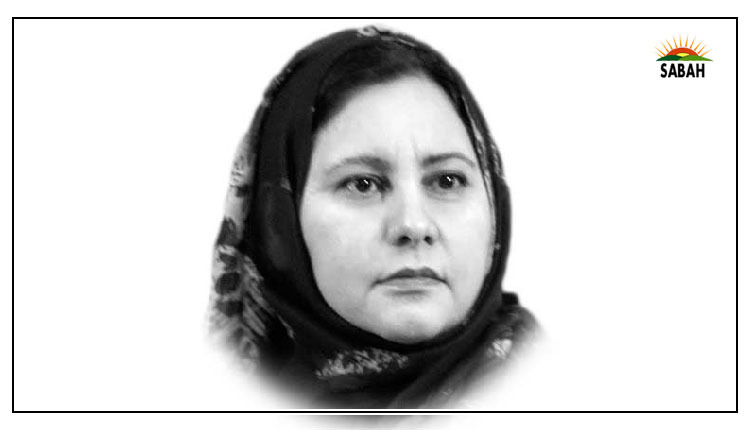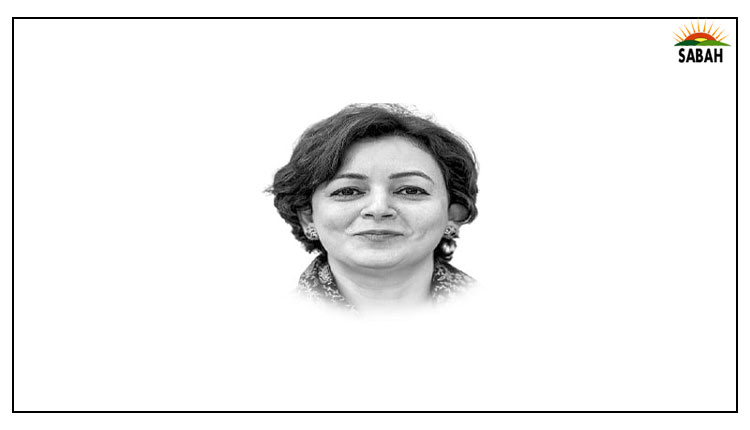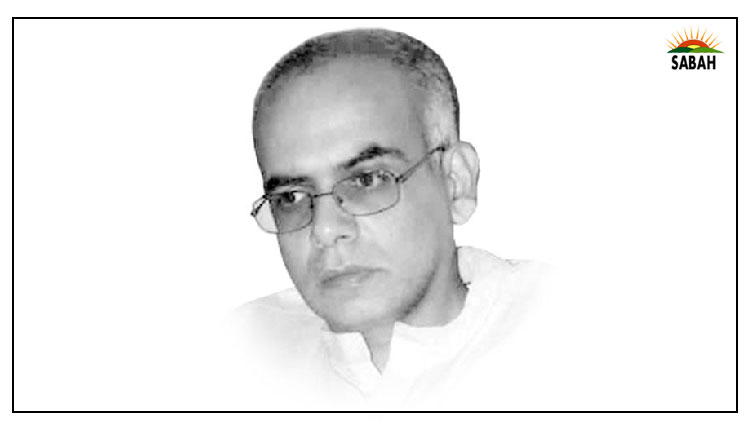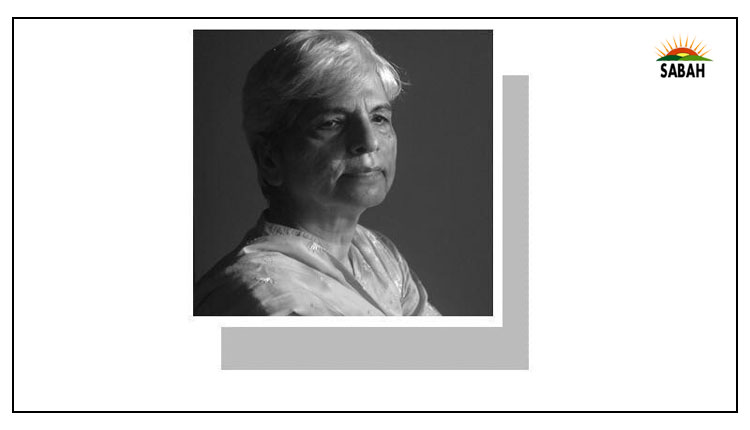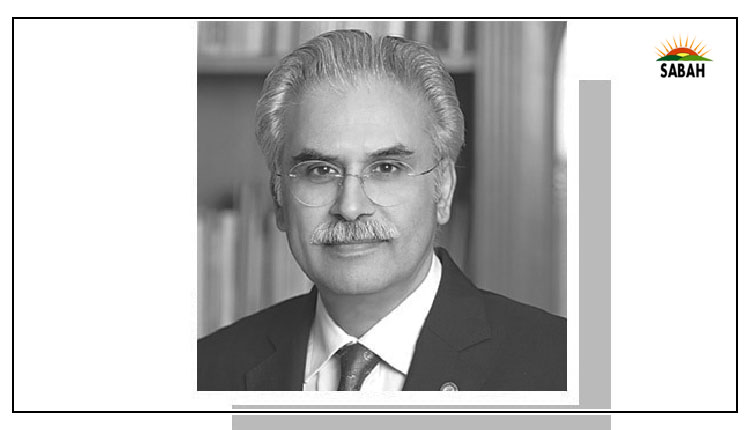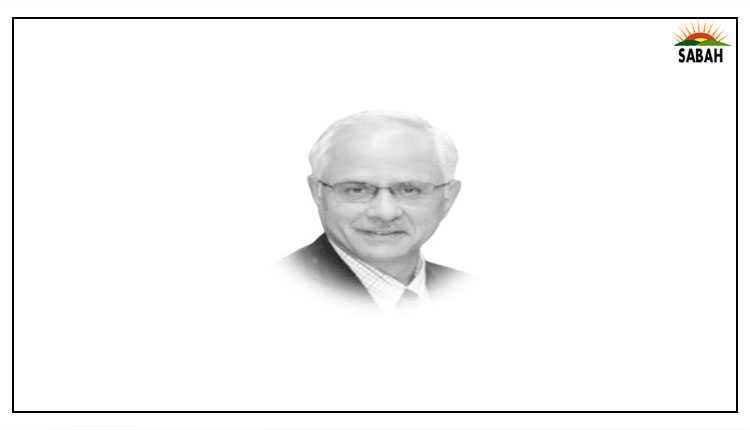Empowering blind students in Pakistan’s universities … Dr Asghar Zaidi
In Pakistan’s universities, students with disabilities, especially those who are blind or visually impaired face systemic barriers that limit their ability to access knowledge and succeed academically. Yet, their aspirations remain high and the potential for meaningful change is within reach.
By embracing diversity, equity, and inclusion (DEI) as core values, Pakistani universities can transform into spaces where every student, regardless of ability, feels supported and empowered to achieve their dreams. With the right policies, accessible technology and community efforts, we can build a future where blind students are no longer marginalised but thrive as equal participants in their educational journey.
In countries with advanced education systems, information and communication technology (ICT) and assistive devices have opened doors for visually impaired students, allowing them to access course materials and engage fully in academic life. However, the situation in Pakistan is starkly different. Most universities lag in adopting such technologies, leaving blind students dependent on human helpers for study assistance. When these helpers are unavailable or slow, students must compromise the quality of their academic work. Such limitations affect severely their learning outcomes and overall confidence.
The challenges extend beyond academics. Social interaction, which is vital for personal growth and a well-rounded education, is often inaccessible to blind students. Isolation from peers and inadequate support from faculty and staff compound the difficulties they face. Even when universities provide assistive devices, a lack of training for both students and staff means these tools are underutilised, further widening the gap between blind students and their sighted peers.
To address these issues, Pakistani universities must prioritise initiatives that promote accessibility and inclusivity. Key steps include:
Developing accessible infrastructure tailored to the needs of visually impaired students.
Conducting training programmes for teachers and administrative staff on using assistive technologies.
Establishing resource centres that provide free access to assistive devices and specialised software.
Launching project-based initiatives that support blind students in their academic and professional endeavours.
Educators play a pivotal role in this transformation. Training programmes that equip teachers with the skills to adapt their teaching methods for visually impaired students are essential. Beyond teaching, educators must foster inclusive classrooms where blind students feel valued and supported.
A shining example of progress in this area comes from Government College University (GCU), Lahore, where notable DEI steps were taken during the period 2019-2023. With support from the US-based charity ‘Vision Without Barriers’ (VWB), GCU restructured its Centre for Special Students (CSS), equipping it with modern computers and specialised software to improve educational outcomes for visually impaired students. User-friendly furniture was also introduced to create a more comfortable learning environment.
Teachers at GCU underwent training programmes guided by special education experts to enhance their engagement with blind students. New academic programmes, including a BS (Hons) and M.Phil in Special Education, were launched to develop expertise in this crucial field. Initiatives like job fairs for special students and the establishment of the Special Ravians Student Society further demonstrated GCU’s commitment to inclusion. Notably, blind cricket was added to the annual sports calendar, and a special Roll of Honour was introduced by the VWB to recognise the achievements of visually impaired graduates.
These initiatives at GCU have started to serve as a model for other universities in Pakistan. The Independent Learning Centre (ILC) at Lahore College for Women University (LCWU), which serves physically and visually challenged students, has also been upgraded with support from the VWB. The ILC has undergone renovations, including construction improvements, and is now equipped with advanced technology such as new desktop computers, monitors, and a braille embosser.
The path to achieving diversity, equity and inclusion for blind students in Pakistan’s universities is challenging but not impossible. Institutions like GCU have demonstrated that change is achievable through commitment, collaboration and innovative policies. By prioritising accessibility and inclusivity, Pakistani universities can ensure that every student, regardless of ability, has the opportunity to succeed. Blind students are not asking for charitythey are asking for the chance to contribute, thrive and shine. It is our collective responsibility to create an education system that empowers them to do so.
Courtesy



